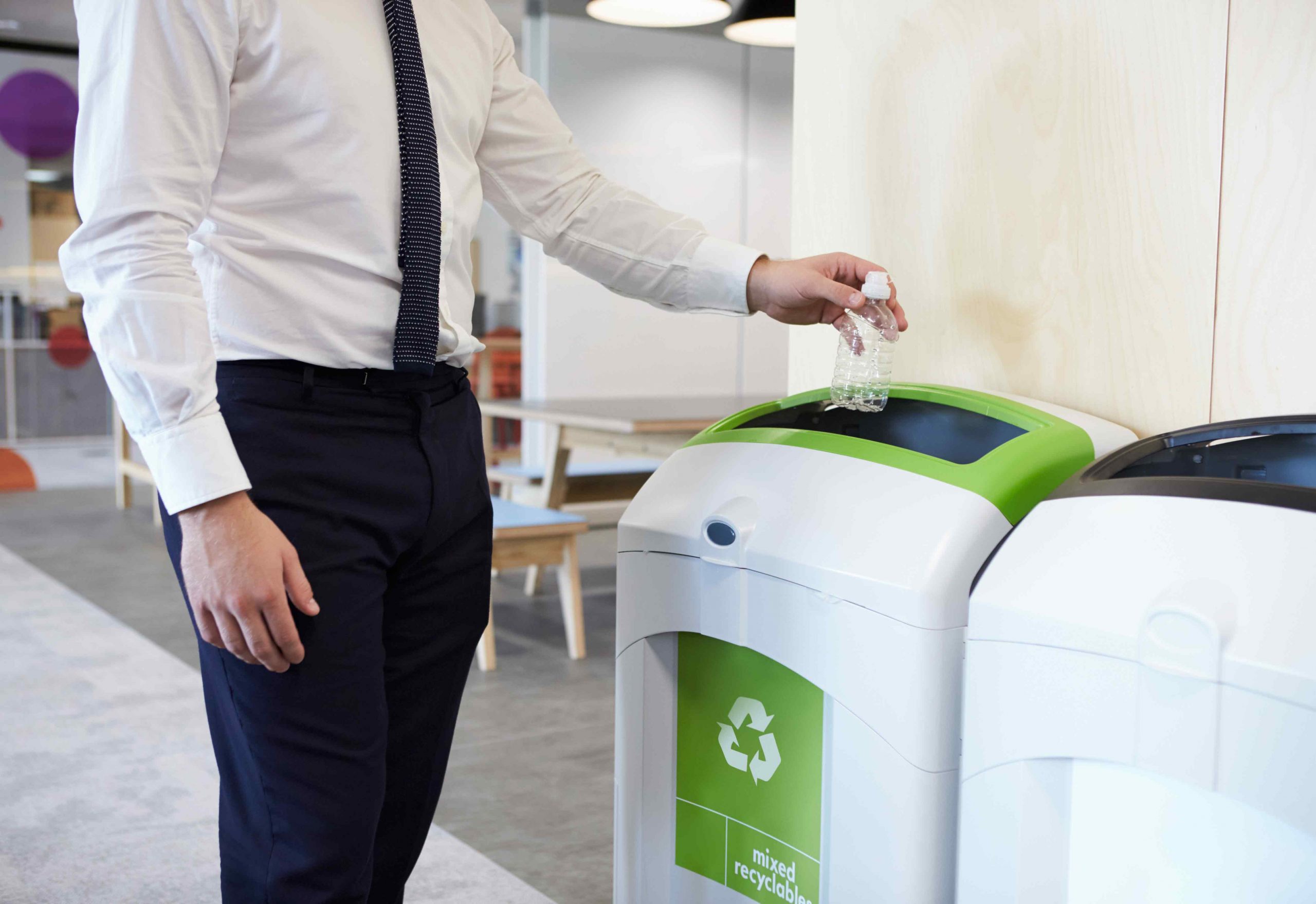Recycling is the process of converting waste materials into goods that may be used again in order to minimize pollution, cut down on energy usage, and avoid using too many raw resources.
Importance of Recycling
In today’s world, recycling is quite essential. Therefore, it is important to understand its need and the reasons behind its implementation in our daily lives. It reduces the pollution that comes from mining new raw minerals. we can conserve energy through this.
Why is recycling necessary?
Recycling has many more significant benefits for us than only improving the environment in which we all live, such as:
Energy Savings: In general, recycling requires less energy during production than producing goods from raw materials. It also brings down the prices of the products.
Resource Conservation: Recycling reduces the need for increasingly rare natural resources and raw materials, such as minerals, forests, and petroleum distillates, when producing new products. This helps to prevent environmental harm.
Pollution Control: Recycling substantially decreases pollution from burning or discarding garbage, which in turn reduces pollution in the air, water, and land. Additionally, by reducing the demand for landfills, greenhouse gas emissions are decreased. Recycling can undoubtedly accomplish the goal of keeping trash out of landfills by producing resources that are then utilized to create new goods.
What things are we can recycle and how?
Materials including paper, cardboard, glass, steel, aluminium, plastics, and electronic trash are frequently recycled. Depending on the local recycling programs, a wide range of additional materials can be recycled as well. For example:
Paper and Cardboard: Flatten cardboard boxes and remove any tape or labels. Place paper materials in a recycling bin or container. Rinse out containers if they have food residue.
Glass: Rinse out glass containers, remove caps and lids, and place them in a designated glass recycling bin or container.
Sustainable Recycling
Sustainable recycling is an important aspect of environmental conservation as well as responsible waste management. It is essential for resource conservation, energy conservation, and minimizing the harmful impacts of waste on the environment.
Benefits of Sustainable Recycling
In addition to its positive effects on the environment, sustainability also offers significant economic advantages. It is essential to a healthy environment.
Here are some of the key advantages:
Resource Conservation: The sustainable handling and responsible use of natural resources to ensure their availability for present and future generations is known as resource conservation. This strategy is essential for protecting the environment, encouraging economic growth, and upholding a high standard of living. This helps in preserving ecosystems and habitats that would otherwise be disrupted by resource extraction.
Reduction in Greenhouse Gas Emissions: Recycling helps to cut down on greenhouse gas emissions that come from the extraction, transportation, and processing of raw materials. This reduces the impact of air pollution and climate change.
Reduction of Environmental Pollution: Recycling contributes to the decrease in pollution brought about by raw material extraction and processing. Additionally, it reduces the potential pollution caused by disposing of garbage in landfills or combustion facilities.
Economic Opportunities: Sustainable recycling can create jobs and improve local economies. The recycling sector frequently needs labour for collection, sorting, processing, and transportation.
Objectives of Environmental Sustainability
In order to achieve environmental sustainability, we need to make sure that development is sustainable. The goal of sustainable development is to use resources in a way that doesn’t harm the environment. To guarantee this, resources need to be properly managed on a local as well as global scale.
In addition, the government implements laws that prohibit the depletion of natural resources, raises public knowledge of sustainable recycling practices, and prohibits factories and other enterprises from releasing dangerous chemicals into the environment.
How Can Sustainable Recycling Be Attained?
For their existence and well-being, humans are either directly or indirectly dependent on the natural environment. We need to include sustainable recycling in our lives in order to maintain the balance of the three sustainability pillars: social, environmental, and economic challenges.
Sustainable recycling can be attained through a combination of individual actions, community efforts, industry practices, and government policies. Reducing waste, preserving resources, and lowering the negative effects of waste disposal on the environment are all necessary to achieve sustainable recycling.
The below-mentioned steps are essential key points for achieving sustainable recycling
1 Source Separation
2 Collection and Transportation
3 Material Recovery Facilities
4 Purchasing recycled products
Problems and Solutions:
Contamination: When recyclables and non-recyclables are combined, contamination happens. To minimize contamination, thorough sorting and public education are essential.
Economic Viability: Changing commodity prices may have an impact on recycling’s profitability. Government subsidies and incentives can aid in resolving this problem.
Technological Developments: Modern technology may improve efficiency and sustainability.
Laws and rules: To encourage recycling and sustainability many countries and regions have laws and regulations.
Responsibilities of citizens: The best way to encourage sustainability is to raise awareness among young people. As responsible citizens, it is our collective responsibility to consider how best to use the resources that Mother Earth has to offer.
Corporate and Industrial Responsibility: Companies may encourage environmentally friendly recycling through:
- integrating recycling into their plans for handling garbage.
- incorporating recyclables into their goods.
- cutting down on wasteful packaging and putting product return policies in place.
Innovation and Research: Sustainable recycling practices must be advanced by ongoing research and innovation.
sustainable recycling is a complex process that combines efforts from the private sector, the community, and the industry to reduce waste, save resources, and safeguard the environment. It is essential to the shift towards a circular economy that is more sustainable.
- About the Author
- Latest Posts
A passionate advocate for all natural and sustainable ideas. With a background in sustainable economics science and a deep love for nature, Sojy has dedicated his career to promoting eco-friendly practices and encouraging others to live a more sustainable lifestyle. He is an avid hiker, gardener, and cook, and loves experimenting with natural ingredients in his recipes and lifestyle routines. Sojy believes that small changes can make a big impact and is constantly seeking out new ways to reduce his carbon footprint and inspire others to do the same




